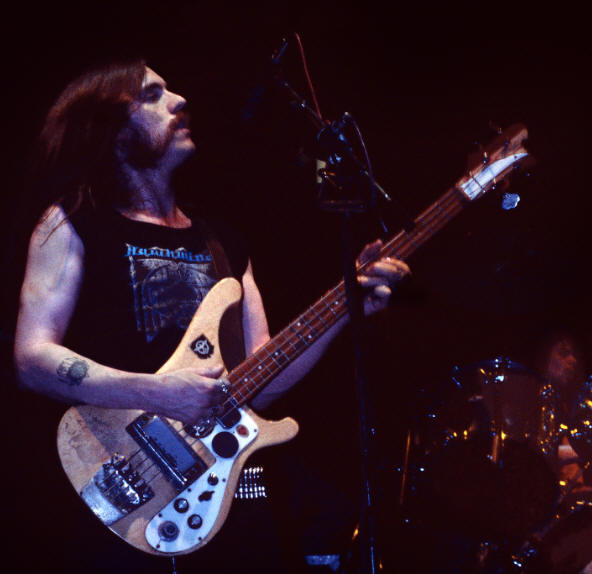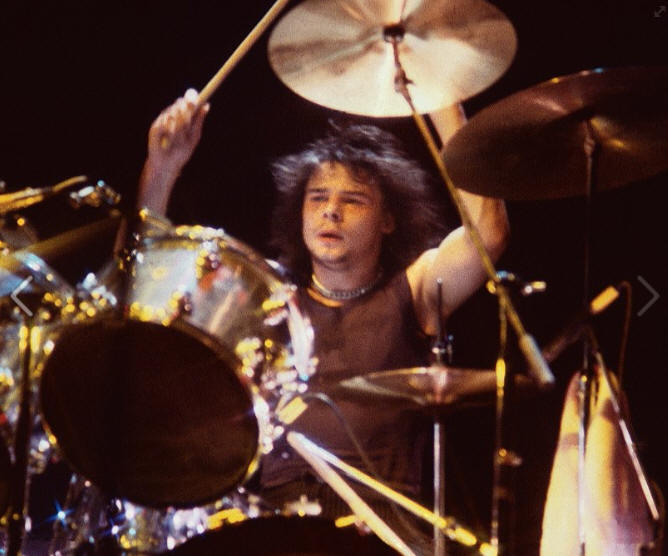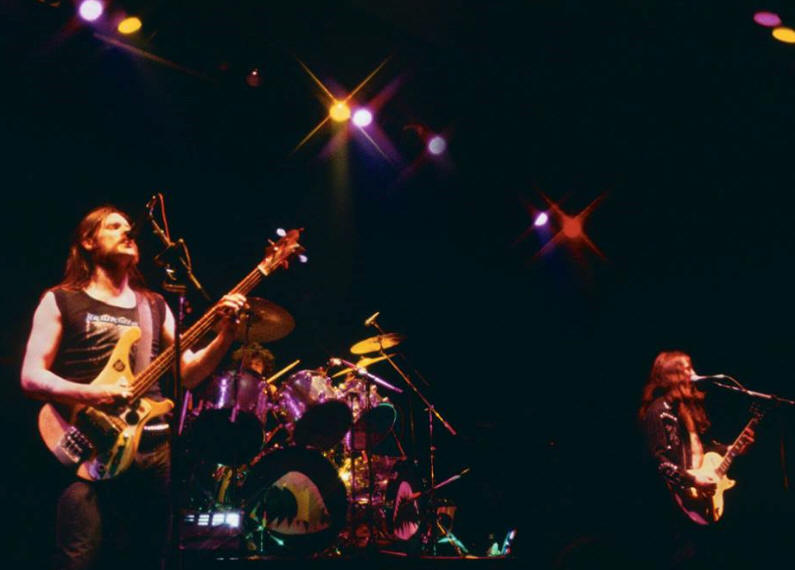Fast forward to August 1977. Lemmy was back at Friars Aylesbury with his ground breaking three-piece band Motorhead, this time at the Friars Phase three Civic Centre. Accompanied by Phil ‘Philthy Animal’ Taylor on drums and ‘Fast’ Eddie Clarke on guitar, many would say that Motorhead were the first heavy metal band, but Lemmy always denied this, describing Motorhead as a rock band who play Motorhead music. That first Friars Motorhead gig just days before the release of their first album ‘Motorhead’ with its famous gothic logo was a total onslaught to the senses. Many people left the venue scratching their heads thinking “What was that?"
Motorhead returned to Friars Aylesbury a further three times; March 1978 as part of their ‘Overkill’ album tour, March 1979 as part of their ‘Bomber’ tour and on 23 October 1980 just days before they released their iconic ‘Ace of Spades’ album.
The photos attached were all taken by Mark Jordan at Friars Aylesbury on 31st March 1979.
Very sadly, Phil Taylor passed away on 11 November 2015 and Lemmy on 28 December 2015. The Friars community pays tribute to two musicians who were at the heart of what Friars was all about. They were both hugely important to Friars and to the evolution of British music.
David Stopps






